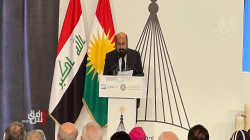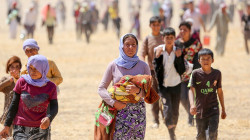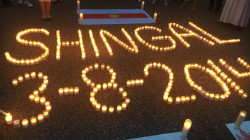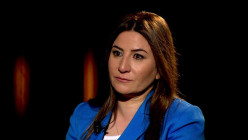Yazidi children living in fear eight years after the Genocide
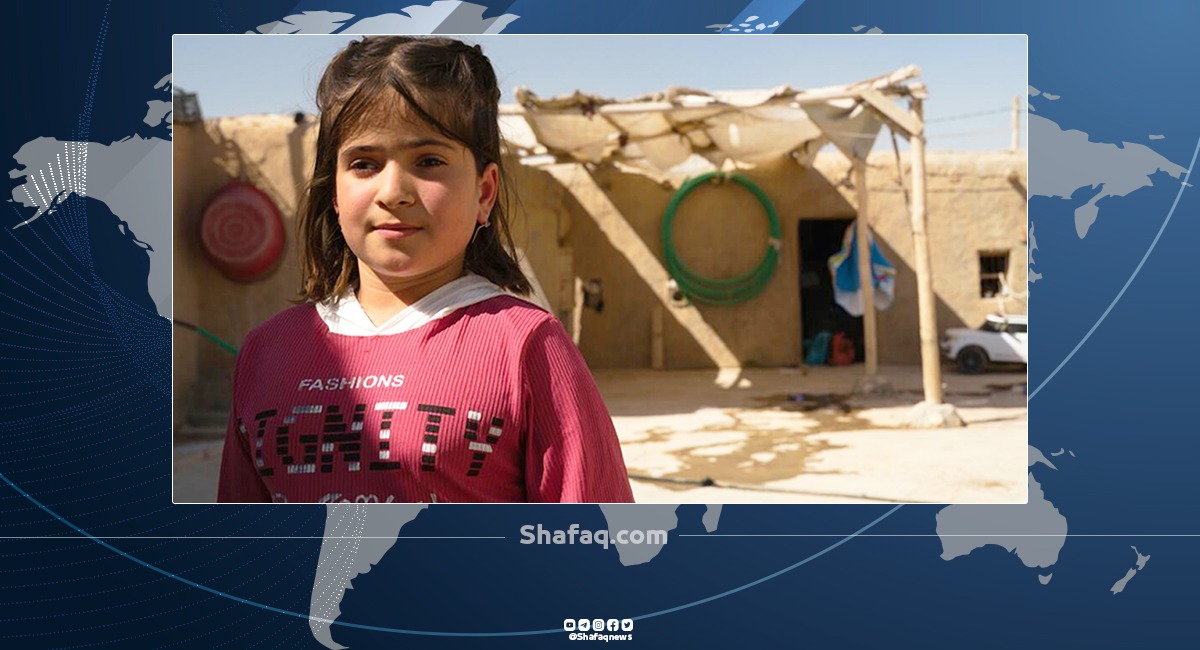
Shafaq News/ Yazidi children whose lives were shattered by ISIS attacks in northern Iraq eight years ago must not be forgotten by the international community, which must help fulfil their right to an education and hopes for a better future, Save the Children said earlier this week.
About 400,000 Yazidis –an ethnic and religious minority group– were captured, killed, or forced to flee from their ancestral homeland in Sinjar in August 2014 after ISIS crossed the border from Syria. The United Nations has recognised the treatment of the Yazidi as genocide.
Up to 3,000 women and young girls were abducted, experienced rape and other forms of sexual violence, and many remain missing. Young boys were separated from their families and forcibly recruited into ISIS.
Eight years on, many Yazidi children are still displaced from their communities. Many live in unsafe environments where they are surrounded by physical reminders of the violence experienced at the hands of ISIS, including destroyed homes, schools, and hospitals.
To understand the impact of the genocide on young children, Save the Children spoke to 117 children aged between 7 and 17, who were very young or just infants when they lost mothers, fathers, siblings, and extended family in the violence, as well as 33 caregivers.
Children of all ages told Save the Children about their fears and the lack of safety and security in their daily lives. Amongst adolescents, 39 of the 40 involved in the study said they did not feel safe where they live and worried about abductions, sexual violence, recruitment by armed groups, and further family loss or separation among other issues.
Language barriers in particular were raised as challenges as some children have forgotten their native Kurmanji, or were born in captivity and never learned it, making it difficult to communicate and connect with their families and reintegrate into their communities.
The mental health impacts on girl survivors included post-traumatic stress disorder, depression, as well as other severe physical and mental health outcomes.
Both children and caregivers noted that the services and programmes available did not meet the urgent and overwhelming needs of girls and boys who experienced sexual violence, those forcibly recruited by ISIS, or of children born in captivity.
Yazidi children told researchers that they wanted to learn but eight years on, they continue to be denied their right to education. For many Yazidi children, their closest schools sit empty, bombed, and destroyed and they fear travelling too far, while the lack of quality materials and textbooks and staffing shortages is also impeding their education.
Lack of civil documentation also hinders some Yazidi children from going to school. Many Yazidi children lost their identity documents during the genocide while younger children may not have been registered at birth. Without these documents, children cannot access basic services like education and health. Obtaining new documentation can be expensive and complex. Children born in captivity face even greater challenges as proof of paternity is required in Iraq for registration by unmarried parents. Barring this, a child is registered as Muslim, rendering them both legally and culturally non-Yazidi, further stigmatizing them.
“Yazidi children continue to live in fear of what they and their families experienced at the hands of ISIS, and what they experience in their daily lives now. Their fundamental rights as children are still denied. The urgent care and support they need to help process their trauma and heal are still grossly lacking. Many children are still missing. If nothing changes, the impacts of the genocide on Yazidi children will only deepen.”
Save the Children called on "the international community to work with the Government of Iraq and Kurdistan Regional Government to establish specialised services for Yazidi child survivors to reintegrate into their communities, invest in quality education and infrastructure in Yazidi communities, and ensure Yazidi child survivors of sexual violence and recruitment can re-enter the education system with mental health and psychosocial support."
" They must also take steps to ensure Yazidi children receive justice, accountability, and reparations for the grave violations, crimes against humanity, and war crimes perpetrated against them."
"The child rights organisation is also calling on the Government of Iraq to ensure all Yazidi children can secure civil documentation to access to basic needs and rights such as education and health and amend all relevant Iraqi laws to allow the mothers of children born of war to choose the religion of their children at registration."
(Save the Children)

